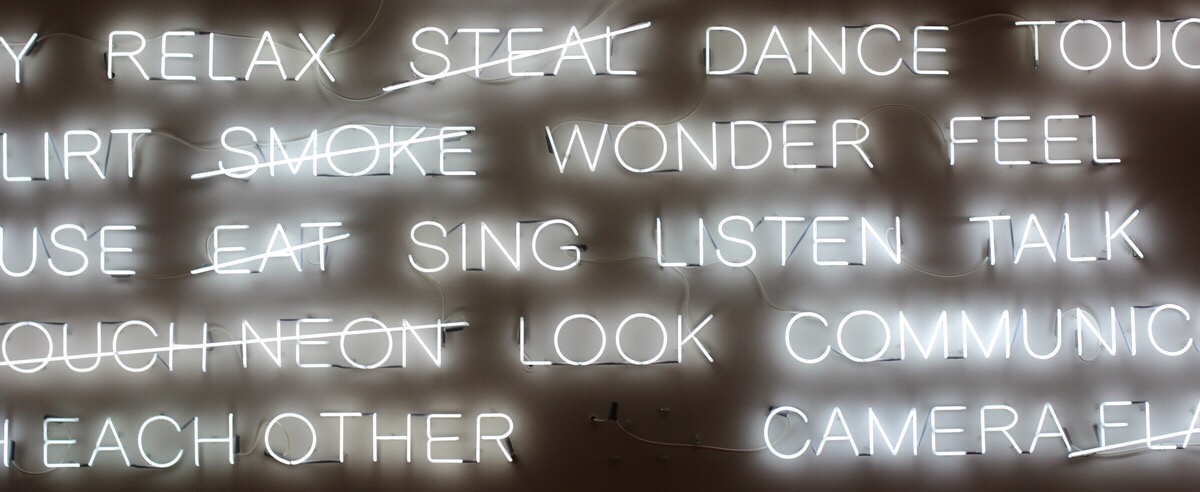Owning your words

A discussion earlier got me thinking about Twitter now allowing people to request verification of their accounts.
I wasn't going to submit an application as there are more well known Colin Walkers out there - from footballer and manager to cellist - but hey, nothing ventured, nothing gained and I am verifying that I am me!
Why verify?
Verification was originally intended to stop confusion and to stop people passing themselves off as others. It is a defence mechanism designed to ensure you are talking to or about the right person.
But it has another side to it in that it ensures the person talking is who they say they are.
Twitter's verification guidelines advise that:
If the account belongs to a person, the name reflects the real or stage name of the person.
It is not a real names policy per se but does act as an approximation of identity.
Verify to protect
Jason Calacanis posted a mock message on behalf of Jack Dorsey, Twitter's CEO in which he sets a scene where verification is open to all - effectively as an identity mechanism - and those not verified would have their tweets blurred out by default, only visible if we chose to view them.
The intention is for everyone to be accountable for what they post and, by virtue of verification, identifiable. If a troll starts posting abuse so what? You can't see it anyway.
Does this go too far? Would it ever really sit well with Twitter's users? How many would quit the service over having their identity held to ransom in this way, being forced to verify their account or have their tweets obscured?
Part of the joy of Twitter is its openness and freedom, the ability to see tweets from complete strangers and to become involved in the conversations of others.
Jason also writes:
"We are going to still allow anonymity on Twitter, because we all know that some voices need to be heard without revealing their identity. From political dissidents to parody accounts, anonymity has a place on the service"
Forgive me if I've missed something, but if unverified accounts were blurred out by default then that "place" becomes a ghetto for second-class Twitter citizens whose voices are actually silenced until we deign to hear them.
Hardly a welcoming act for those users who are potentially the most vulnerable.
Tweet quality
Twitter has launched new ways to control your experience including a quality filter to remove "lower-quality content, like duplicate Tweets or content that appears to be automated" from the feed.
An interesting proposition.
Twitter advises that it uses a number of quality signals such as account origin and behavior. It would be good to know exactly what this involves.
Are individual accounts graded and would this be included in account origin? Would known troll accounts have their visibility downgraded based on their behaviour?
Could the number of blocks or reported tweets a user receives be an account quality signal with those repeatedly penalised being hidden?
It is arguably a better system than a blanket hiding of all tweets by unverified users.
Update
It occurred to me that as an algorithm is in place to automatically decide what tweets should be hidden, could this same algorithm not be used as the basis for further action?
By establishing patterns and consistent behaviour could it not be used to identify potential problem accounts?
Twitter finally has a live tool at its disposal but needs to demonstrate it is fully committed to solving its abuse problem.
